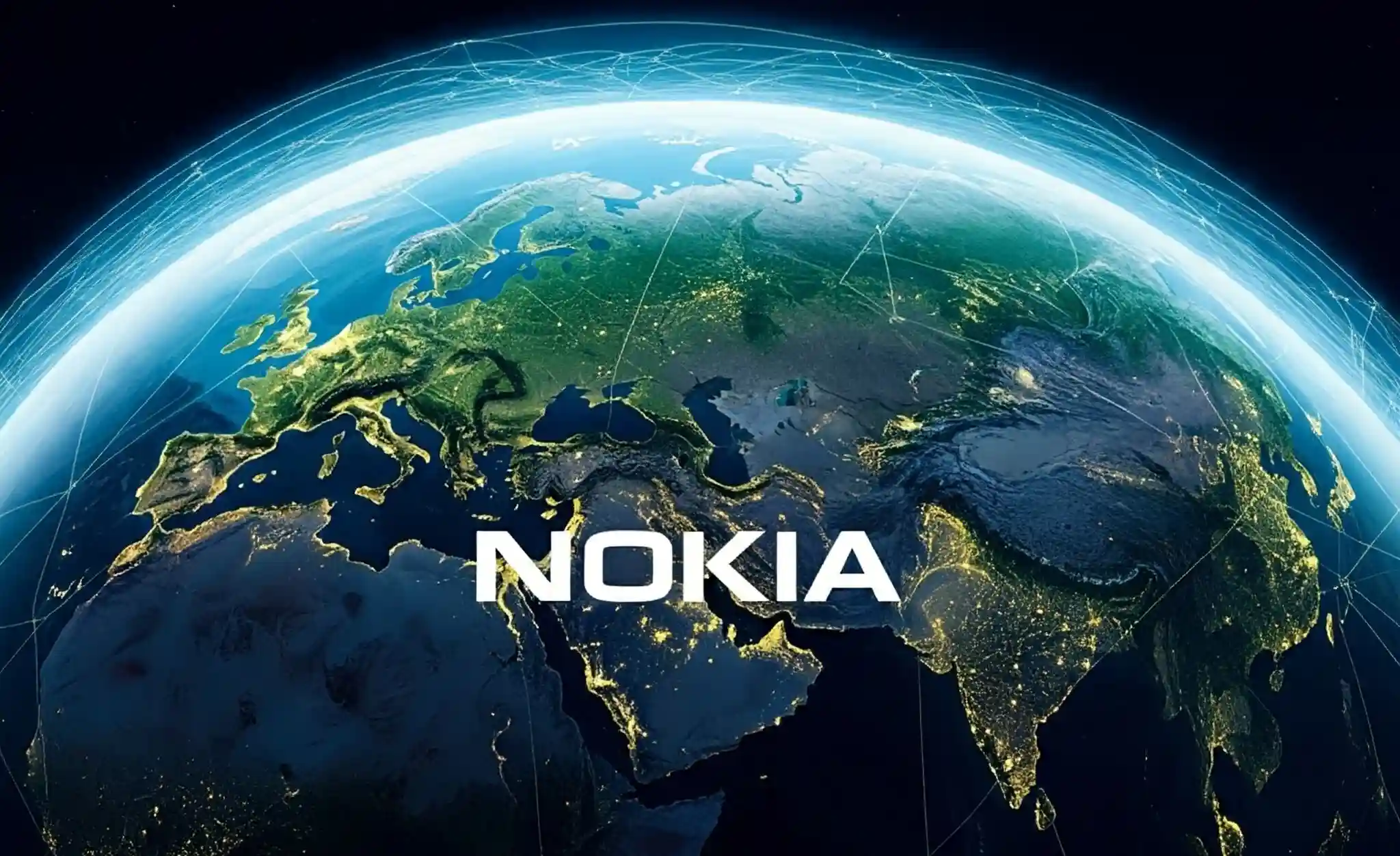Nokia, a global leader in telecommunications equipment and technology, is increasingly recognized for its commitment to environmental, social, and governance (ESG) principles. The company recognizes that sustainability is not just good for the planet but also crucial for long-term business success. This blog provides an in-depth overview of Nokia’s sustainability strategy and recent initiatives, highlighting its efforts to build a greener, more inclusive, and ethically responsible future for the telecom industry.
Nokia’s ESG Framework: Five Pillars of Sustainability
Nokia’s sustainability strategy is built on five key pillars, each representing a critical area where the company aims to make a significant impact:
- Environment (Climate & Circularity): This pillar focuses on minimizing Nokia’s environmental footprint by reducing greenhouse gas emissions, promoting energy efficiency, and embracing circular economy principles.
- Industrial Digitalization: Nokia recognizes the transformative power of digitalization in driving sustainable practices across industries. This pillar focuses on leveraging Nokia’s technology and expertise to enable sustainable solutions in sectors like manufacturing, transportation, and energy.
- Security & Privacy: Nokia prioritizes the security and privacy of its products and services, recognizing the importance of trust and ethical data management in the digital age.
- Bridging the Digital Divide: Nokia is committed to promoting digital inclusion and ensuring that everyone has access to the benefits of connectivity, regardless of their location or socioeconomic status.
- Responsible Business: This pillar encompasses Nokia’s commitment to ethical business practices, human rights, responsible sourcing, and supply chain transparency.
Recent Initiatives and Progress
Nokia has made significant strides in its sustainability journey, implementing various initiatives and programs across its five focus areas. Here are some key highlights:
Environment:
- Net-Zero Commitment: Nokia has committed to achieving net-zero greenhouse gas emissions across its value chain by 2040. This ambitious target demonstrates Nokia’s leadership in climate action within the telecom industry.
- Renewable Energy: Nokia is actively transitioning to renewable energy sources, with a goal of using 100% renewable electricity in its facilities by 2025. The company has already surpassed its annual target for renewable energy, reaching 63% in 2023.
- Energy Efficiency: Nokia is continuously improving the energy efficiency of its products and solutions, with notable achievements in liquid cooling technology for its AirScale baseband portfolio and energy-efficient chipsets for fixed broadband networks.
- Circularity: Nokia is promoting circular economy principles by designing products for durability and recyclability, reducing waste, and increasing the use of recycled materials.
Industrial Digitalization:
- Industry 4.0 Solutions: Nokia is developing and deploying solutions that enable Industry 4.0 transformation, leveraging technologies like 5G, IoT, and AI to optimize industrial processes, improve efficiency, and reduce environmental impact.
- Smart Cities: Nokia is actively involved in building smart city infrastructure, providing connectivity and data-driven solutions for sustainable urban development.
Security & Privacy:
- Secure by Design: Nokia embeds security and privacy considerations into the design of its products and services, ensuring that they meet the highest standards of data protection and cybersecurity.
- Ethical AI: Nokia is committed to developing and deploying AI solutions responsibly, ensuring fairness, transparency, and accountability.
Bridging the Digital Divide:
- Connecting the Unconnected: Nokia is working to expand connectivity to underserved communities, bringing the benefits of the internet to those who lack access.
- Digital Skills Development: Nokia is supporting programs that promote digital literacy and skills development, empowering individuals and communities to participate in the digital economy.
Responsible Business:
- Human Rights: Nokia is committed to respecting human rights throughout its operations and supply chain, with a focus on fair labor practices, diversity and inclusion, and freedom of association.
- Responsible Sourcing: Nokia has implemented a responsible sourcing program to ensure that its supply chain meets ethical and environmental standards.
- Transparency and Accountability: Nokia publishes regular sustainability reports, providing transparent information about its ESG performance and progress.
Nokia’s Impact and Recognition
Nokia’s commitment to sustainability has been recognized by various organizations and initiatives:
- Inclusion in Leading Sustainability Indices: Nokia is included in leading sustainability indices, such as the Dow Jones Sustainability Index and the FTSE4Good Index.
- Science Based Targets initiative (SBTi): Nokia has committed to setting science-based targets for its greenhouse gas emissions reduction, aligning its efforts with the goals of the Paris Agreement.
The Future of Sustainable Telecom with Nokia
Nokia’s sustainability strategy and initiatives demonstrate its commitment to building a more sustainable future for the telecom industry. By prioritizing environmental responsibility, social impact, and ethical governance, Nokia is not only mitigating risks but also creating new opportunities for innovation and growth.
Nokia’s vision for a sustainable telecom world is one where technology empowers people and protects the planet. The company’s ongoing efforts to reduce its environmental footprint, promote digital inclusion, and ensure responsible business practices are paving the way for a greener, smarter, and more connected future.
